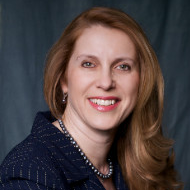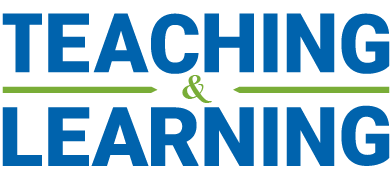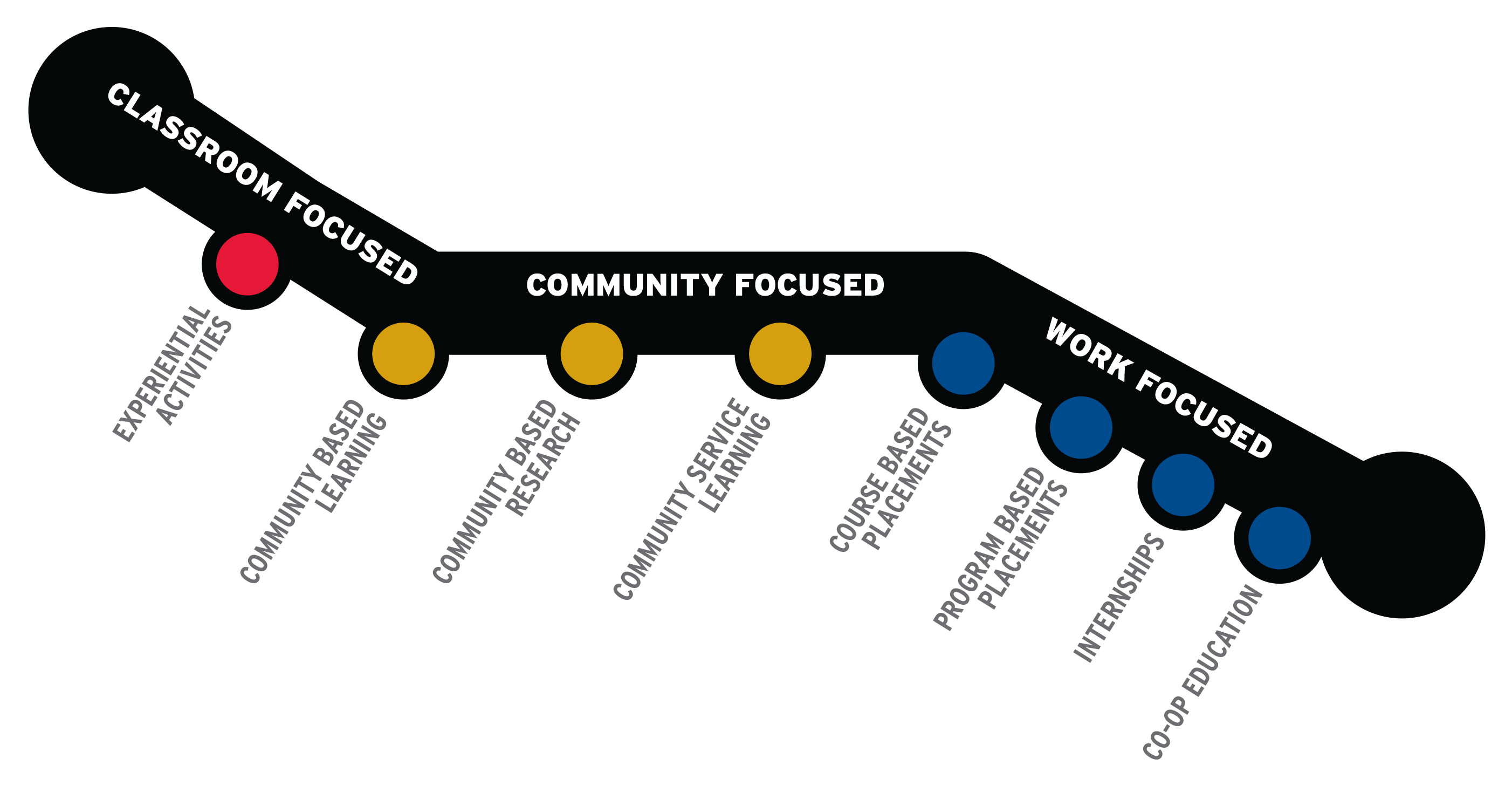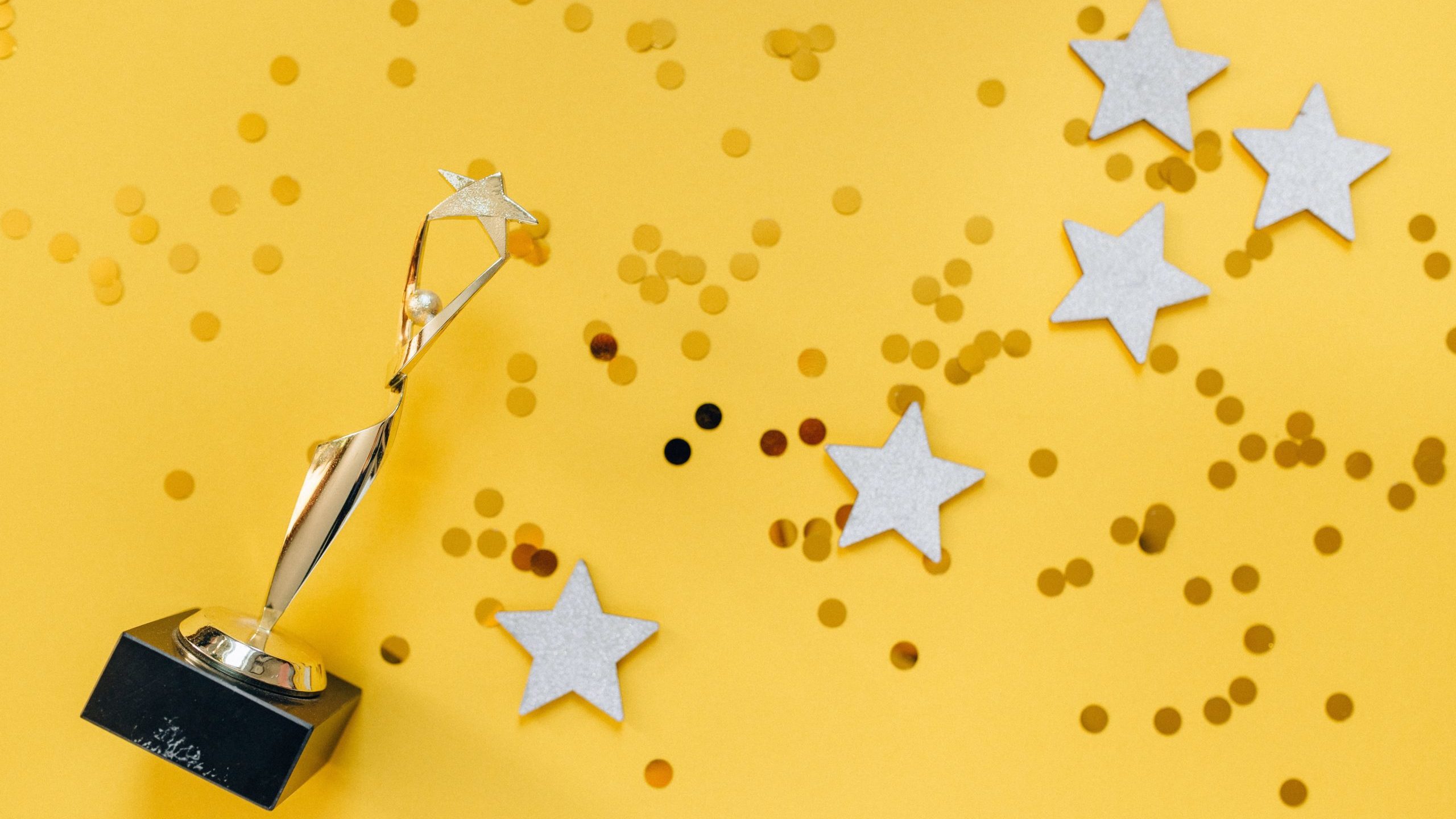Experiential Education Explained
Experiential Education (EE) is a pedagogical approach in which students learn through experience. Instructors purposefully engage learners in a direct experience and focused reflection in order to build knowledge and develop skills in a real-world context. Students can engage in experiential education in three main ways:
Classroom Focused: Students are exposed to concrete learning activities in the classroom (e.g. guest speakers, case studies, simulations, role playing) that require them to reflect on what they have experienced in relation to concepts/theories being covered in the course.
Community Focused: Students have the opportunity to connect course material with experiences that occur through interactions with community and industry partners that can take place in the classroom or in the community. The community focused EE opportunities are addressing student learning outcomes and community needs, and the students receive academic credits (e.g. research, consulting and capstone projects). Few examples of existing Schulich community focused EE projects: Strategy Field Study Course – MGMT 6100; Global Leadership Program – GLP; Management Consulting Course – MGMT 6960.
Work Focused: Students have the opportunity to develop competencies and skills and augment the theories/concepts learned in their degree programs by getting hands-on work experience within organizational environments while they earn academic credits (e.g. placements, internships, co-ops). Existing Schulich work focused EE projects: MBA Graduate Placement Course -MGMT 6850, Master of Marketing Graduate Placement – MKTG 6905, BBA Work Placement – MGMT 4850, iBBA Work Placement – IBUS 4100.
Video: Teaching Innovation – Experiential Education at Schulich
EE is an approach to learning that bridges theory and practice by providing students with opportunities for concrete, applied, practical experience and helps them reflect on this experience using theory and what they have learnt in the classroom. Incorporating reflection as a planned activity allows the students to actively reflect on their experiences and critically examine their assumptions.
View this video’s summary page to learn more.
EE Highlights at Schulich
Contact

Dr. Minerva Cernea
Dr. Minerva Cernea has over 25 years of leadership experience locally and internationally, including in higher education. Currently Dr. Cernea is the Associate Director, Professional Development and Experiential Education (PD&EE), leading the PD&EE Office at the Schulich School of Business. In this role, Dr. Cernea works on several experiential education (EE) projects focused on increasing awareness about EE activities, streamlining EE processes, sharing of EE information and resources, and creating EE opportunities for Schulich School of Business students. View Dr. Cernea’s LinkedIn profile.





